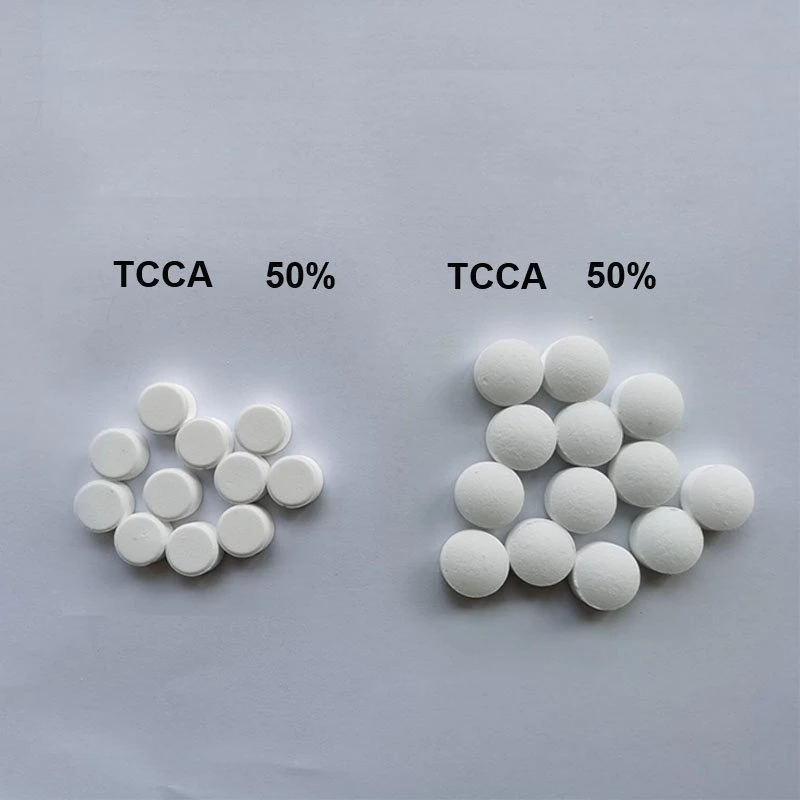



chemicals used for boiler water treatment
Chemicals Used for Boiler Water Treatment Ensuring Efficiency and Longevity
Boilers are essential components in various industries, providing steam and hot water for processes ranging from power generation to heating. However, the efficiency and longevity of boiler systems can be significantly impacted by the quality of the water used. To maintain optimal performance and prevent costly downtime, boiler water treatment is crucial. This article explores the various chemicals employed in boiler water treatment, their functions, and the benefits they offer.
Importance of Boiler Water Treatment
Boiler water treatment serves multiple purposes, including preventing scaling, controlling corrosion, and minimizing the formation of deposits within the boiler and associated piping. Uncontrolled water quality can lead to various issues, such as reduced thermal efficiency, equipment failure, and even safety hazards. By using appropriate chemicals, operators can mitigate these risks and ensure the reliable operation of their boiler systems.
Key Chemicals for Boiler Water Treatment
1. Water Softening Agents One of the primary goals of boiler water treatment is to reduce hardness, which is primarily caused by the presence of calcium and magnesium ions. Hard water can lead to scale formation inside the boiler, reducing heat transfer efficiency. Water softeners, commonly in the form of sodium-based chemicals, replace these hardness ions with sodium ions, effectively ‘softening’ the water.
2. Condensate Return Treatment The return of steam condensate back to the boiler system is crucial for energy efficiency. However, this condensate can become contaminated with corrosive substances. Chemical additives such as neutralizing amines are employed to protect the condensate from corrosion. These amines neutralize acids and elevate the pH of the condensate, enhancing its compatibility with boiler materials.
chemicals used for boiler water treatment

3. Scale Inhibitors Even with softened water, the tendency for scaling still exists due to other factors such as temperature and pressure fluctuations. Scale inhibitors, often containing phosphonates or polyacrylic acids, work by preventing the crystallization of minerals on heating surfaces. By dispersing the particles in the water, these chemicals ensure that scale does not accumulate, maintaining efficiency and reducing maintenance costs.
4. Corrosion Inhibitors Corrosion is a significant threat to boiler integrity. Chemicals like phosphate, molybdate, and various organic inhibitors are used to create protective films on metal surfaces, thus minimizing corrosion rates. These inhibitors not only protect the boiler but also the pipelines and other components of the system, ensuring longevity and safety.
5. Oxygen Scavengers Oxygen is one of the most aggressive agents contributing to corrosion within boiler systems. Oxygen scavengers, such as sodium sulfite or hydrazine, are chemically designed to react with free oxygen, effectively removing it from the water. This reduction in oxygen levels helps to protect boiler internals from rust and pitting, maintaining the structural integrity of the system.
6. pH Adjusters The pH level of boiler water is critical for preventing both corrosion and scaling. Chemicals such as caustic soda (sodium hydroxide) are often added to raise the pH, making the water less corrosive. Maintaining an optimal pH level typically between 10.5 and 12.5 helps achieve a balance that minimizes both scaling and corrosive activity.
Benefits of Proper Boiler Water Treatment
Implementing an effective boiler water treatment program offers numerous advantages. Firstly, it increases energy efficiency by ensuring optimal heat transfer, thereby reducing fuel consumption. Secondly, it extends the lifespan of boiler components, reducing the frequency of repairs and replacements, which in turn decreases operational costs. Furthermore, proper treatment minimizes the risk of unexpected downtime, ensuring a reliable steam supply.
In conclusion, the selection and application of appropriate chemicals for boiler water treatment are fundamental to the efficient and safe operation of boiler systems. By addressing water quality issues through various chemical treatments, industries can enhance the longevity of their equipment, improve energy efficiency, and achieve consistent performance. As technology and formulations continue to evolve, ongoing education and adaptation to best practices in water treatment will remain vital for maintaining the health of boiler systems.
-
Why Sodium Persulfate Is Everywhere NowNewsJul.07,2025
-
Why Polyacrylamide Is in High DemandNewsJul.07,2025
-
Understanding Paint Chemicals and Their ApplicationsNewsJul.07,2025
-
Smart Use Of Mining ChemicalsNewsJul.07,2025
-
Practical Uses of Potassium MonopersulfateNewsJul.07,2025
-
Agrochemicals In Real FarmingNewsJul.07,2025
-
Sodium Chlorite Hot UsesNewsJul.01,2025










